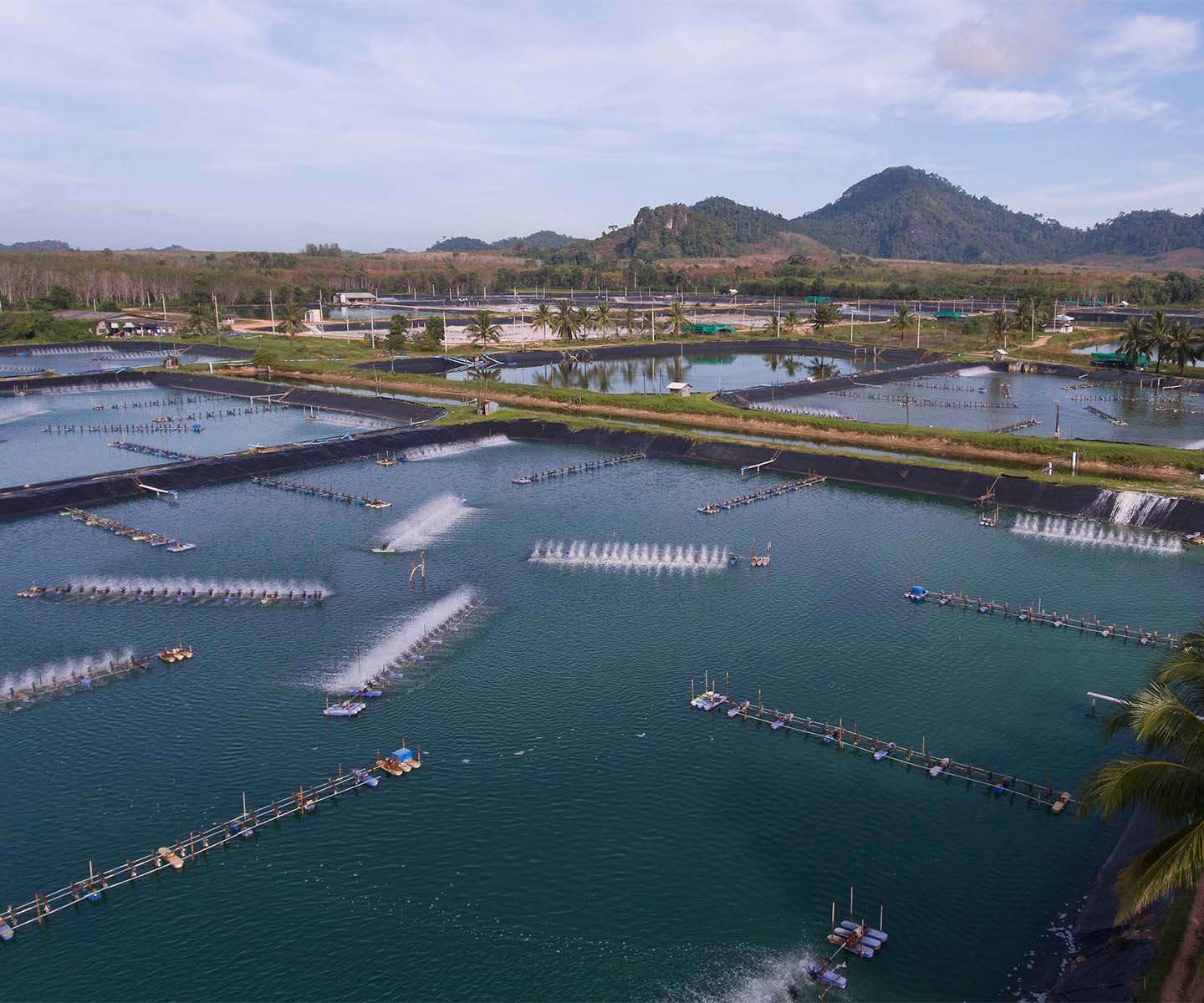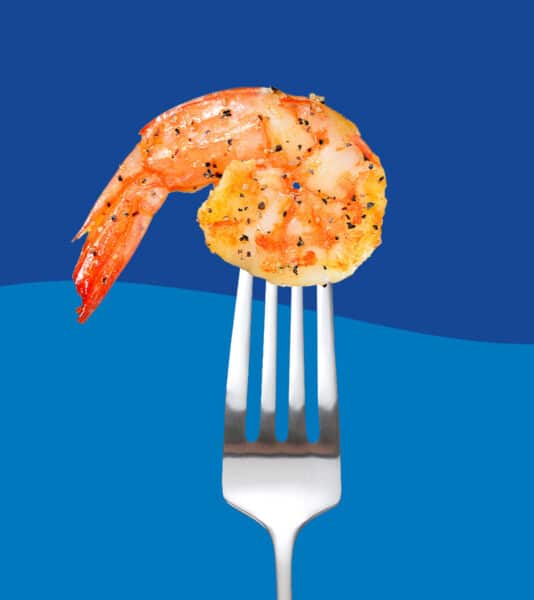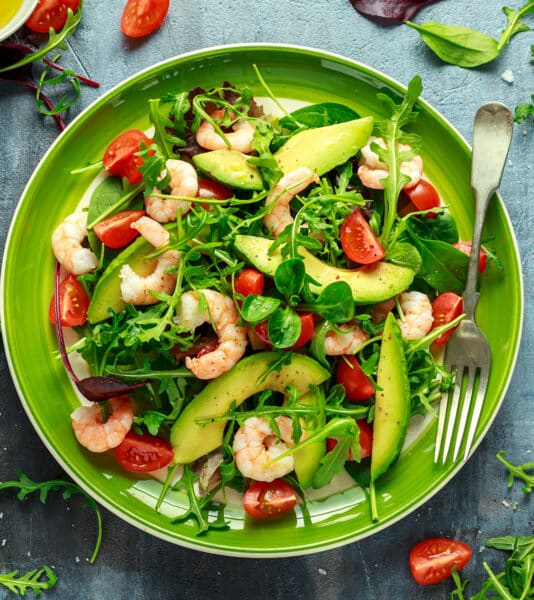March is National Nutrition Month®, themed “beyond the table” for this year. It “focuses attention on the importance of making informed food choices and developing sound eating and physical activity habits,” says the Academy of Nutrition and Dietetics. One aspect of choice is the inter-connected dimension of sustainability.
Ensuring health-promoting nutrition for citizens across the globe encompasses food choices and sustainability practices together, explains the Food and Agriculture Organization (FAO) of the United Nations. Food policy, dietary guidelines, and nutrition education need can all incorporate sustainability.
The FAO recognizes both malnutrition and overnutrition as challenges in global health, noting that “800 million people are chronically undernourished” while “1.9 billion adults are overweight”. An aim of effective policy is to ensure sustainable access to healthy food supplies everywhere, they note.
Sustainable eating defined
“Sustainable diets are those diets with low environmental impacts which contribute to food and nutrition security and to healthy life for present and future generations,” remarks the FAO. Many foods can meet the criteria of being both healthy and exerting low environmental impact, they explain in Plates, pyramid, planet report. Their recommendations for nutrition guidance include:
- Diversity – eating a variety of foods
- Balance between intake and energy needs
- A foundation in minimally processed tubers and whole grains
- Moderate meat consumption (if any)
- Dairy in moderation
- Small quantities of fish and aquatic products sourced from certified fisheries
- Very limited consumption of foods high in fat, sugar or salt and low in micronutrients
- Healthy oils and fats, e.g., rapeseed and olive oil
- Tap water in preference to other beverages – particularly soft drinks.
Among their recommendations, the FAO specifically calls out the need to eliminate any “negative environmental impacts” in seafood production. They advocate for implementing sustainable seafood production across the globe as a component of nutrition policy.
A global agenda
SeaChange® 2030, the sustainability plan from Chicken of the Sea’s parent company, Thai Union, aligns with the United Nations (UN) Agenda for Sustainable Development. The shared UN vision explains that it envisions a world “where food is sufficient, safe, affordable and nutritious”.
SeaChange® 2030 goals also call out nutrition and health, with the goal to ensure 100% of branded ambient products meet nutritional guidelines and 100% of new ambient products drive positive nutrition.
From securing responsible, wild caught seafood, to managing greenhouse gas emissions and waste, to restoring ecosystems, the far-reaching SeaChange plan addresses the complex interplay between sustainability and nutrition for global citizens now—and in the future.








